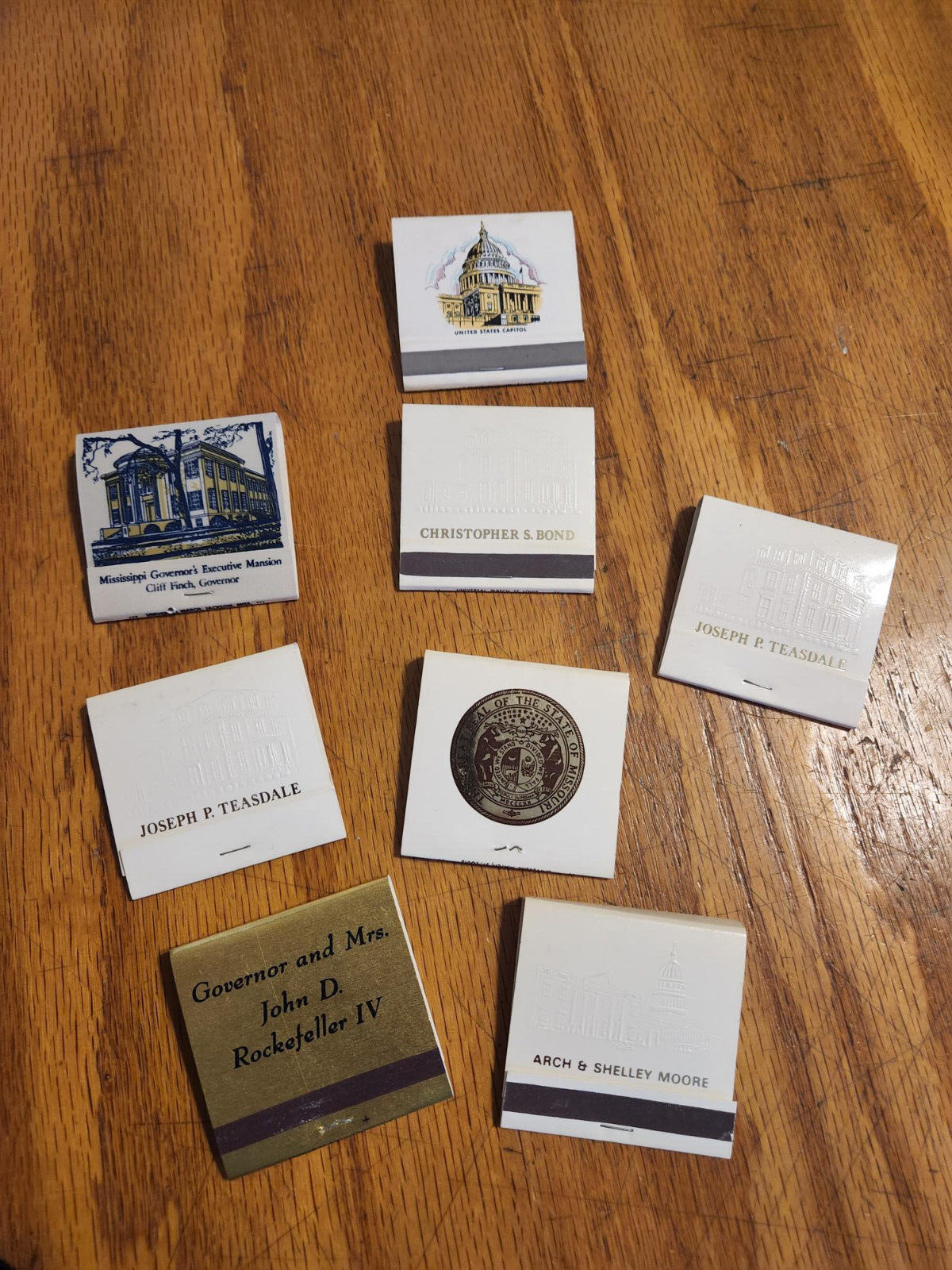-40%
Original 1915 Louisiana Arsene P. Pujo for U.S. Senator 7/8" Cell Pinback Button
$ 10.29
- Description
- Size Guide
Description
Original 1915 Louisiana Arsene P. Pujo for U.S. Senator 7/8" Cell Pinback Button in good condition with original St. Louis Button Manf. backpaper.Buyer pays per order and may combine wins to save on postage. I'm listing another rare Louisiana 1920 button tonight as well.
Pujo was born near
Lake Charles
in
Calcasieu Parish
to a
French
-born father.
[1]
He practiced law in Lake Charles and was a delegate to the state constitutional convention in 1898 before he was elected as a
Democrat
in 1902. In 1908, he became a member of the
National Monetary Commission
, a body which sought to study foreign banking systems in search of ways to better the domestic banking system. In 1911, he was appointed to chair the
House Committee on Banking and Currency
. In 1912, he left the National Monetary Commission and obtained congressional authorization to form a separate committee, which came to be called the
Pujo Committee
, to investigate the "
money trust
".
The Pujo Committee found that a cabal of financial leaders were abusing their public trust to consolidate control over many industries. Although Pujo left Congress in 1913, the findings of the committee inspired public support for ratification of the
Sixteenth Amendment
in 1913, passage of the
Federal Reserve Act
that same year, and passage of the
Clayton Antitrust Act
in 1914. They were also widely publicized in the
Louis Brandeis
book,
Other People's Money and How the Bankers Use It
.
While still a Congressman Pujo worked as a lumber company lawyer and helped suppress an
Industrial Workers of the World
(IWW) timber workers strike in 1912, which cumulated in the
Grabow riot
. Although the coroner charged the Galloway Lumber Company of Grabow, Louisiana with murder for shooting and killing three union strikers on July 7, 1912, the grand jury refused to indict and instead charged 58 union members with first-degree murder. Pujo helped prosecute 9 but the jury returned a dismissal after 1 hour of deliberation and the remaining defendants were released.










